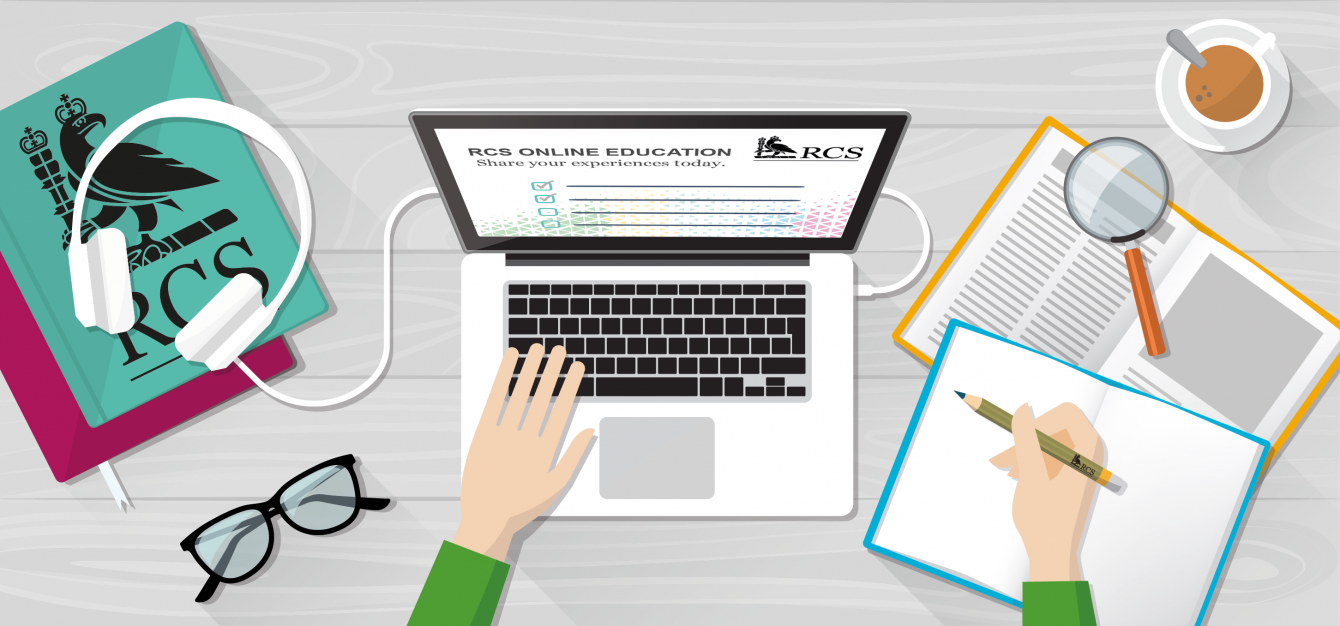Success in academics boils down to your study approaches. Ineffective approaches stifle your academic progress, dooming you to poor grades and late assignment submissions.
Unfortunately, many teachers don’t teach tips for productive study, leaving students to figure out how to be productive in school. This leaves students to an explorative pursuit that often cultures positive and negative study habits into students.
This article will highlight some effective study habits you ought to adopt for maximum productivity in your study.
Productivity tips for students
- Find a conducive space for study
The first thing to do before you study is to find a quiet place to study. This quiet allows you to master maximum concentration in each session, therefore, managing the tasks you had planned for each session with ease.
If you cannot afford the luxury of quietness, consider a good pair of noise-canceling headphones to muffle background noises, therefore, focusing all your attention on various tasks at hand.
- Work with a schedule
Many students often embrace the interest-driven approach of studying a subject when they feel inspired to do so. Unfortunately, this is usually the undoing for many students as it results in over-dwelling on one subject at the expense of another.
Scheduling thus ranks top among various tips for study productivity. When following a schedule, you can easily manage all tasks while prioritizing urgent assignments to avoid the piling up of assignments which could cause you a ton of stress at a later date.
You may also employ a goal-oriented approach to your tasks and use a mobile application to get daily reminders of various tasks you had planned for, therefore adhering to all study sessions you had planned for in your schedule.
- Employ the Pomodoro technique
Any approach to taking on a huge task in one sitting is a task doomed to fail. Ideally, chunk your sessions into 25-30-minute chunks spaced with 5-minute breaks. This will allow you to recharge between sessions, retaining your focus throughout the study session.
- Find your best study approach
We all have our differences when it comes to studying. For some, reading notes can do the trick while others require a more hands-on approach to internalize studied concepts. Ideally, establish your optimal study approach and acquire materials that allow you to interact with concepts for maximum comprehension, retention, and recall.
- Take on one task at a time
Juggling through multiple subjects in one sitting is a top culprit among various productivity busters. The constant shift between subjects compromises your attention resulting in minimal retention per study session.
Therefore, dedicate each study session to an individual subject and commit yourself to make the most of your study session.
- Don’t skip classes
Although clear, many students often fail at this productivity tip. Attending classes deserves a spot among various effective study techniques as it offers you a chance to consult your tutor on any challenges concerning the previously tackled concepts.
Tutors may also highlight the common challenges for students, helping them overcome the common pitfalls that deter students from securing their best grades.
- Seek help where needed
Consultation is a regularly undervalued tip on how to be productive as a student. When you reach out to a more knowledgeable counterpart, you can be updated on an easier way to comprehend various issues and also pinpoint the reason why you are struggling with various concepts.
Also, assistance spares you from wasting too much time on challenging concepts, ensuring that you stay on track with your schedule without compromising your mastery of various ideas you have encountered in class.
Final take
We hope that these tips on how to be productive in studying have helped you overcome various issues that could hold you back in academics. Feel free to reach out to our expert team for custom writing assistance and guidance on the challenging concepts you encounter during class.
